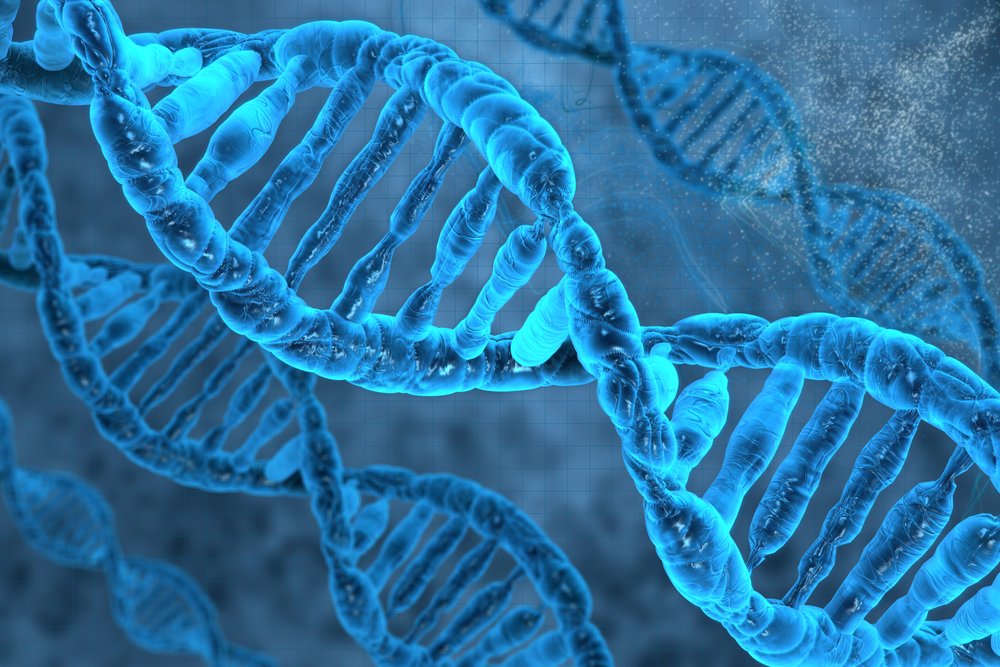A shocking new report claims the world’s first three-parent baby has been born. Children born through “three-person” IVF [in-vitro fertilization] would contain some genetic material from each of three different people [in this case, two women and one man].
There are about 50 known mitochondrial diseases (MCDs), which are passed on in genes coded by mitochondrial (as opposed to nuclear) DNA. They range hugely in severity, but for most there is presently no cure and little other than support treatment. The goal behind creating “designer babies” with three parents is to eliminate such diseases.
But, there are good reasons for pro-life people to be concerned about the process and the eugenics-based reasons behind it.
Here’s more on the infant with three parents:
It’s a boy! A five-month-old boy is the first baby to be born using a new technique that incorporates DNA from three people, New Scientist can reveal. “This is great news and a huge deal,” says Dusko Ilic at King’s College London, who wasn’t involved in the work. “It’s revolutionary.”
The controversial technique, which allows parents with rare genetic mutations to have healthy babies, has only been legally approved in the UK. But, the birth of the child, whose Jordanian parents were treated by a U.S.-based team in Mexico, should fast-forward progress around the world, say embryologists.
The boy’s mother carries genes for Leigh syndrome, a fatal disorder that affects the developing nervous system. Genes for the disease reside in DNA in the mitochondria, which provide energy for our cells and carry just 37 genes that are passed down to us from our mothers. This is separate from the majority of our DNA, which is housed in each cell’s nucleus. Around a quarter of her mitochondria have the disease-causing mutation. While she is healthy, Leigh syndrome was responsible for the deaths of her first two children. The couple sought out the help of John Zhang and his team at the New Hope Fertility Center in New York City.
Dr. Peter Saunders, a pro-life physician in England, has commented on the ethical questions with three-parent embryos:
“This is not about finding a cure. It is about preventing people with MCD from being born. We need first to be clear that these new techniques, even if they are eventually shown to work, will do nothing for the thousands of people already suffering from mitochondrial disease or for those who will be born with it in the future.
Is it safe? This is far from established. Each technique involves experimental reproductive cloning techniques and germline genetic engineering, both highly controversial and potentially very dangerous. Cloning by nuclear transfer has so far proved ineffective in humans and unsafe in other mammals, with a large number of cloned individuals spontaneously aborting and many others suffering from physical abnormalities or limited lifespans. Also, any changes, or unpredicted genetic problems (mutations) will be passed to future generations. In general, the more manipulation needed, the higher the severity and frequency of problems in resulting embryos and fetuses.
Is it ethical? No, there are huge ethical problems. A large number of human eggs will be needed for the research, involving ‘harvesting’ that is both risky and invasive for women donors. How many debt-laden students or desperate infertile women will be exposed and incentivized by being offered money or free IVF treatment in return for their eggs? How many thousands of human embryos will be destroyed? [In this first case, five donor eggs were prepared and fertilized, but only one of the resulting embryos had a normal number of chromosomes and the other four died.] If it ever works, what issues of identity confusion will arise in children with effectively three biological parents? What does preventing those with mitochondrial disease being born say about how we value people already living with the condition? Where will this selection end? Some mitochondrial diseases are much less serious than others. Once we have judged some affected babies not worthy of being conceived, where do we draw the line, and who should draw it?”
[This article by Steven Ertelt was posted on LifeNews.com on September 28, 2016 at www.lifenews.com/2016/09/28/shocking-report-reveals-scientists-have-created-the-words-first-baby-with-three-parent-technique/]





